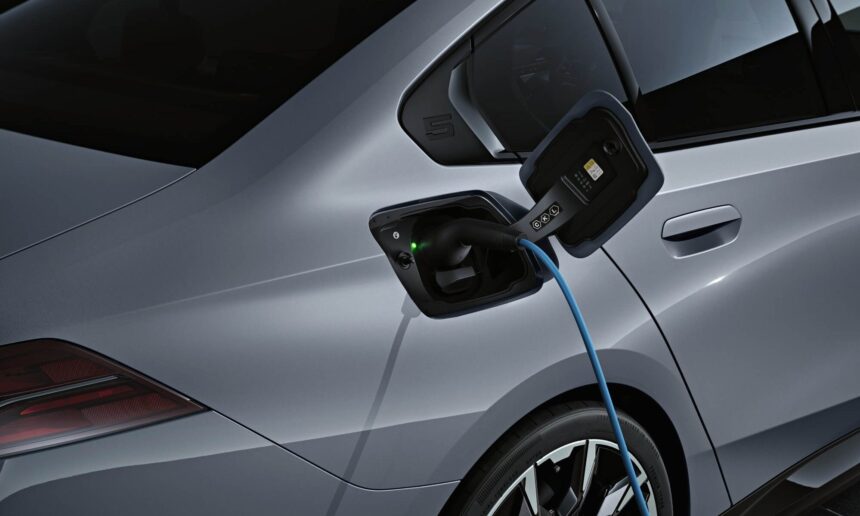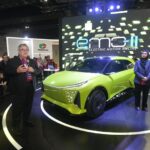The latest research conducted by scientists at the SLAC-Stanford Battery Center, a collaboration between Stanford University’s Precourt Institute for Energy and SLAC National Accelerator Laboratory, has revealed some surprising findings about the longevity of electric vehicle (EV) batteries in real-world driving conditions. Contrary to previous forecasts, the study suggests that EV batteries could last up to a third longer than expected, potentially delaying the need for costly battery replacements or new vehicle purchases.
Traditionally, battery life testing has been done in laboratories using constant discharge and recharge cycles, which may not accurately reflect the varied usage patterns of everyday drivers. The new study, published in Nature Energy, found that real-world driving behaviors such as frequent acceleration, braking, and extended periods of rest can actually help extend the life of EV batteries.
By testing 92 commercial lithium-ion batteries using four different EV discharge profiles, the research team discovered that batteries subjected to more dynamic and realistic driving patterns showed higher life expectancy. Machine learning algorithms were used to analyze the impact of these dynamic profiles on battery degradation, revealing surprising correlations between sharp accelerations and slower degradation rates.
The study also highlighted the importance of balancing cycle aging (due to charge-discharge cycles) with time-induced aging (due to periods of inactivity). For consumer EVs that are not constantly in use or being recharged, time-induced aging was found to be a significant factor in battery degradation. This insight could inform future battery management software updates by car manufacturers to optimize battery longevity under real-world conditions.
Looking ahead, the research team emphasized the need to evaluate new battery chemistries and designs using realistic demand profiles to improve battery performance and longevity. The findings could also have implications for other energy storage applications and materials science research, helping to advance innovation in various fields.
Overall, the study highlights the importance of interdisciplinary collaboration and the integration of diverse expertise to drive progress in battery technology and energy storage. By reevaluating aging mechanisms at a fundamental level, researchers can develop advanced control algorithms to maximize the efficiency and longevity of EV batteries and other energy storage devices.







